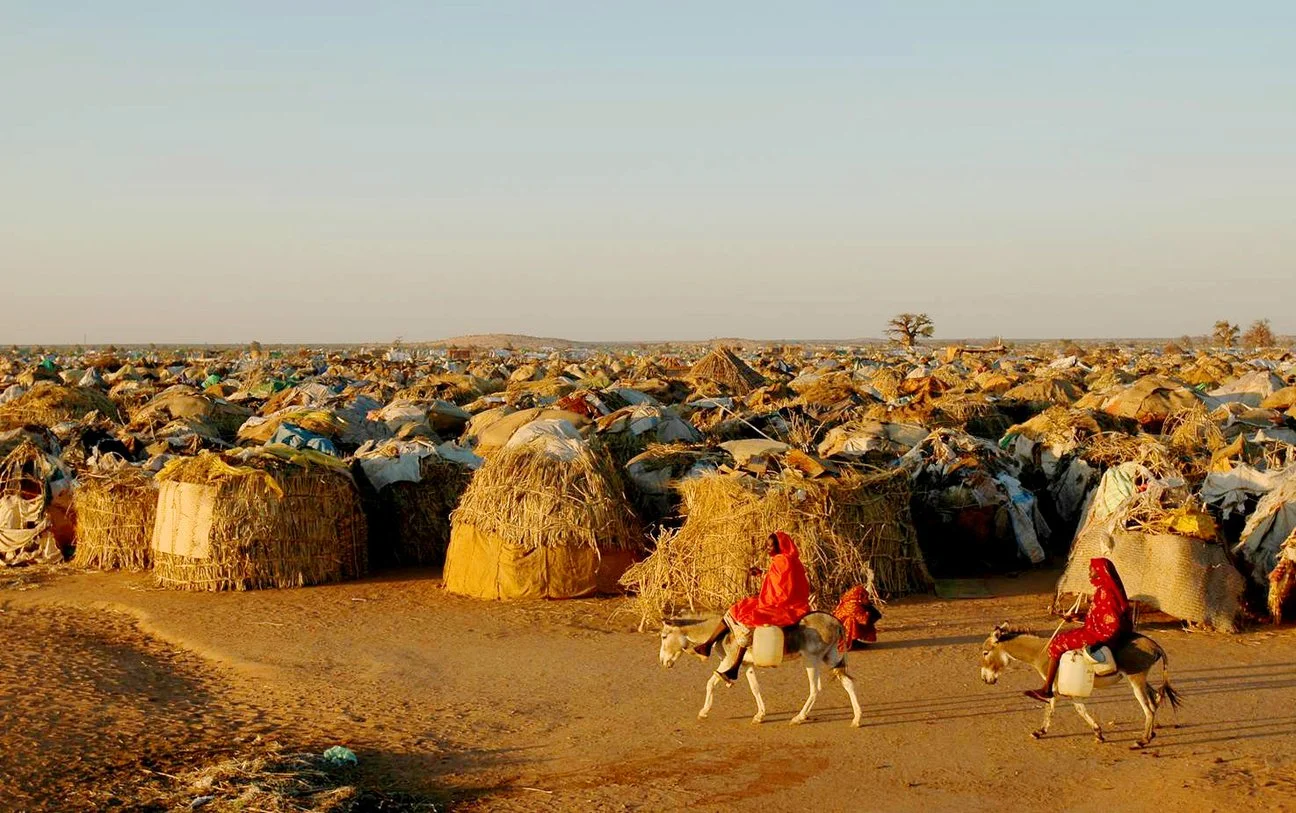Our Mission
Energy Peace Partners leverages energy and finance solutions to promote peace in the world's most fragile regions.
Our innovative approach expands the existing toolkit for peace and development by extending the renewable energy revolution to some of the planet’s most vulnerable populations.
We address the intersection of energy poverty, conflict risk and environmental vulnerability to demonstrate the peace dividends of clean energy.
The Problem
Environmental impacts are creating increasingly dire consequences for fragile states and human security. International resources are stretched in response to expanding crises around the globe. Research completed by Energy Peace Partners identified 27 countries facing the triple challenge of conflict, energy poverty, and environmental vulnerability. These countries have a collective population of over 850 million, primarily in Africa, the Middle East, and South Asia.
Global renewable energy trends are favorable, but fragile states receive little investment and risk losing out on the renewable energy boom. This is a missed opportunity that has consequences for the quality of life of conflict-affected communities, the development of fractured societies and the security of states.
Our SolutionS
Renewable energy offers new opportunities, but unique barriers persist in fragile states. We tackle these challenges in two tracks:
Innovative Finance: Energy Peace Partners is developing the Peace Renewable Energy Credit (P-REC) as a new financing solution that will accelerate the transition to renewables in conflict-affected settings. P-RECs monetize renewable energy generated in fragile states in order to meet increasing corporate commitments to sustainability and social responsibility. This extends mature international REC markets into crisis contexts and increases financial incentives for renewable energy development. P-RECs support both public and private sector actors to introduce clean energy solutions that deliver tangible benefits to communities affected by conflict.
Policy Development: Energy Peace Partners and The Stimson Center are collaborating on Powering Peace, a unique joint research and advocacy initiative that works with key partners in the United Nations system and other international organizations to analyze the current approach to energy provision in field operations. International peace and humanitarian operations are often deployed in countries with poor grid infrastructure and low levels of electrification. Field missions remain largely reliant on diesel for power generation and dependent on diesel supply chains that are often co-mingled with local war economies. This practice has adverse economic, security, and environmental impacts and undercuts political objectives. The existing approach warrants change. Transitioning field missions from diesel to renewable energy can amplify the positive impact of these operations and, in particular, benefit the communities that these missions are deployed to serve.


